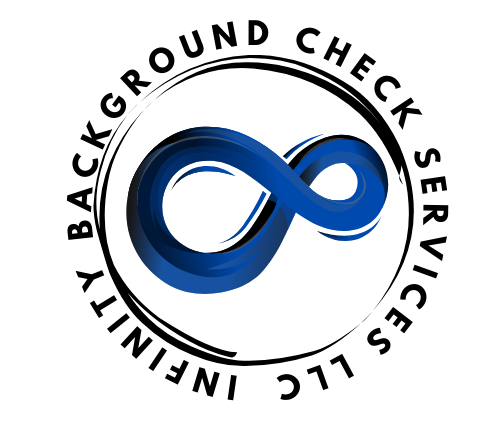How to Resolve Conflict at Work
Conflict is an inevitable part of any workplace. When individuals with different personalities, backgrounds, and perspectives come together, disagreements and clashes are bound to occur. However, conflict doesn\’t have to be detrimental to the work environment. In fact, when handled effectively, it can lead to positive outcomes and improved relationships among colleagues.
1. Address the Conflict Early
One of the most important steps in resolving workplace conflict is to address it as soon as possible. Ignoring or avoiding the issue will only allow it to fester and escalate further. When you notice tension or disagreement between colleagues, take the initiative to address it promptly. Schedule a private meeting with the individuals involved to discuss the situation openly and honestly.
2. Listen and Seek Understanding
When conflicts arise, it\’s crucial to listen to all parties involved. Each person may have a different perspective or set of concerns. By actively listening and seeking to understand their viewpoints, you can gain valuable insights into the root causes of the conflict. Avoid interrupting or passing judgment during this process. Instead, focus on creating an environment where everyone feels heard and respected.
3. Find Common Ground
During conflict resolution, it\’s essential to identify areas of common ground. Look for shared interests or goals that can serve as a basis for finding a mutually beneficial solution. By focusing on common objectives, you can shift the conversation away from personal differences and towards a more collaborative approach.
4. Communicate Effectively
Clear and open communication is key to resolving workplace conflicts. Encourage all parties involved to express their thoughts and feelings in a respectful manner. Emphasize the use of \”I\” statements to avoid accusatory language. Additionally, ensure that all communication is focused on the specific issue at hand and not on personal attacks or unrelated matters.
5. Seek Mediation if Necessary
In some cases, conflicts may be too complex or deeply rooted for individuals to resolve on their own. In such situations, it can be helpful to seek the assistance of a neutral third party. A mediator can facilitate discussions, guide the process, and help find a compromise that satisfies all parties involved. Mediation can be particularly effective when emotions are running high and communication has broken down.
6. Foster a Positive Work Environment
Prevention is always better than cure. By fostering a positive work environment that promotes open communication, respect, and collaboration, you can minimize the occurrence of conflicts in the first place. Encourage teamwork, provide opportunities for professional development, and promote a culture of inclusivity and diversity. When individuals feel valued and supported, they are more likely to work together harmoniously.
7. Learn from the Conflict
Every conflict presents an opportunity for growth and learning. Once a conflict has been resolved, take the time to reflect on the experience and identify any lessons that can be learned. This reflection can help prevent similar conflicts from arising in the future and contribute to personal and professional development.
In conclusion, conflict at work is inevitable, but it doesn\’t have to be detrimental. By addressing conflicts early, listening to all parties involved, finding common ground, communicating effectively, seeking mediation if necessary, fostering a positive work environment, and learning from the conflict, you can resolve conflicts and improve relationships in the workplace. Remember, conflict resolution requires patience, empathy, and a commitment to finding win-win solutions.



